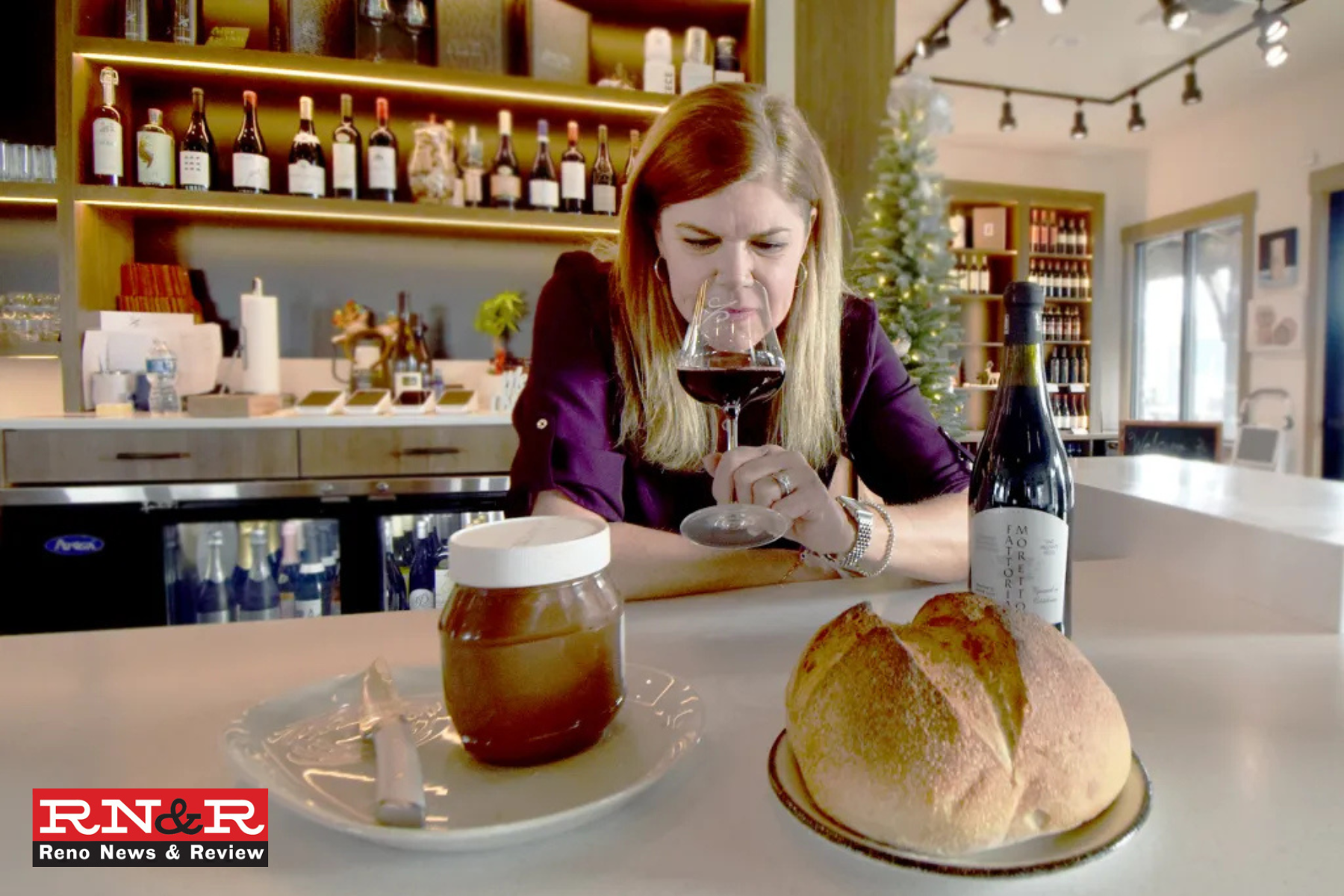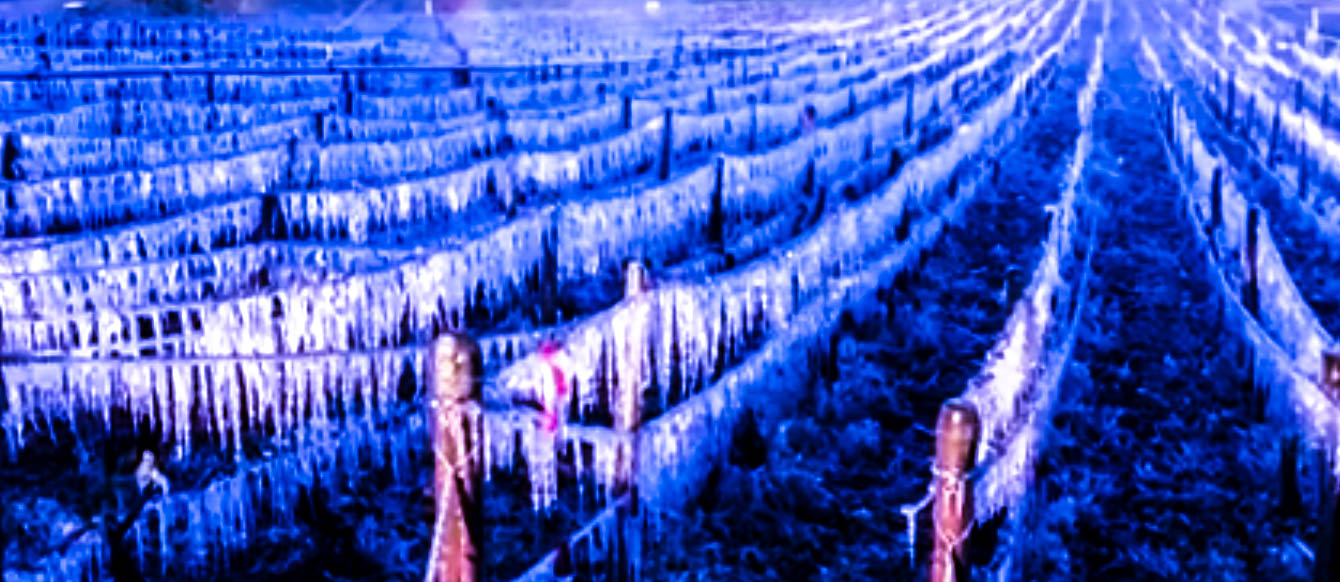I just finished re-reading an article entitled, “Let’s Be Clear: Bad Wines Are Bad Wines, Period”, written by Eric Asimov.
If you don’t know, Eric is the wine critic for the New York Times. I had to re-read his article a couple of times to begin to understand what point, or rather points, he was trying to make. Maybe he was trying too hard to make too many points. Let me see if I can list some of these points he brought up.
- Drinkers of “bad” wine will not become drinkers of “Good” wine.
- Critics, and all wine journalists, should owe no allegiance to the wine industry.
- Simply applying the same aesthetic, medical, ethical and moral judgments to wine that many people do to food, as I suggested, results in drinking better wine.
- Science has improved the general level of wine.
- The science of additives in wine hasn’t improved the quality of wine.
- Technology has also improved wine.
- Yet the technology for manipulating textures and flavors, hasn’t improved wine.
- While I believe that less processed wines are healthier, they are also better wines.
- The wine industry makes junk wine because it sells like junk food.
This list could go on and on, but I won’t repost his whole article point by point here. I know I’m not the wine critic for the New York Times, I am only a part-time wine blogger. So maybe this means I haven’t earned the right to comment and question these lofty statements, but here it goes anyway.
The reality is no one’s first glass of wine is going to be, or was, an expensive “good” wine. Most of us had a glass of two buck Chuck or the equivalent at some wedding reception in the heartland far away from a quality wine producing region. If we liked this thing called wine, we drank more. As we found wines we liked, that tasted “good” to us, we continued to drink them. These wines, and the people we met drinking them introduced us to better and better wines. The same is true for coffee, food, watching movies, or reading books. We drink, eat, watch, and read what is age and place appropriate and what we like. Over time those tastes, and our age and place, evolve.
As a wine blogger, I am part of the wine industry, so I guess that makes the wine critic of the New York Times a part of it too. So if we don’t owe ourselves any allegiance, then OK, but I believe we do owe the industry and ourselves allegiance. We can write about it, critically even, a frank self-assessment. But we write about it because we want it to be better, grow bigger, and become more. I also think the term “wine industry” is a big tent to throw over everything from box wine to Bordeaux. Doing what we do is paying allegiance to the industry, and I think we can do it without being rude while being honest.
I have never tasted ethics or morals in my wine. Can you taste how much the grape pickers get paid in a bottle of wine? I have no issue if anyone wants to by a product that is socially responsible, but don’t hide your true reasons behind a misconception that you are getting better tasting wine because of it. Will the wine taste better, in fact, will it be better wine if it is produced in a socially progressive way? I would argue no, it won’t. Does that mean the winemaker cares more? Maybe, but if he makes bad wine, caring alone won’t make it better. I have consumed outstanding wines that are made in a traditional way, an organic way, and even a natural way. This is simply a part of what makes them good wines, not the sole reason.
Science has allowed many more winemakers in many more places around the world to produce better wine. However there were many great, world class wines produced before the science of fermentation was discovered in 1857 Dr. Louis Pasteur. This would lead me to argue that science itself isn’t the deciding factor in “good” wine. However I will concede that it has helped make more “good” wine available to many more people.
Strangely Eric goes on to declare that the wine additives that science has discovered does not help the quality of wine. Curious. Science helps, but it doesn’t. Additives like sulfur that kill bacteria and stop fermentation have had no effect on the quality of wines? I may differ here as well. I will agree that dumping a bunch of citric acid into a wine to raise acidity could be considered a crime.
Technology has improved wine. This is a true statement that Eric made. Technology has allowed the process to be more controlled over different climates to allow more consistent products to be produced. Things like refrigeration to control fermentation’s heat byproduct. So much better than hoping for a cool day or having the wine get that stewed raisin flavor. Eric stated in his article that having a homogenization of tastes and a lack of diversity was ruining the American wine industry. What creates more diversity in wines than the changing factors of fermentation and weather year after year?
Just as he did for science, Eric again states that the technology that creates better wine also doesn’t create better wine. Technology is a tool the winemaker can use to enhance their wine. No technology is good or bad on its own, only how that technology is used will determine if the winemaker has used the technique and technology correctly. Does the finished product taste…”Good”? If so, Technology did in fact help the wine.
Eric also tries to make the point that less processed wines are healthier and better wines. I haven’t ever seen a study that suggests that wines that have been more processed are in any way less healthy that say a natural wine. That aside, are less processed wines in fact, better wines? My Grandfather used to crush some grapes into a few one gallon glass jugs and stick a balloon on top of them. That wine was the least processed and the least drinkable wine I have ever seen or tasted. While this is an extreme example, I think my grandfather may have some cousins in the wine industry as I’ve tasted some “commercial” wine nearly that bad. I’m not sure how process it was, but I didn’t get sick so it must have been healthy. I will however, agree with Eric, that less is generally more if the grower has done their job in the vineyard.
While this may come as a shock to the Wine critic at the New York Times, wineries make wine to make money. They make wine they can sell, or they don’t get to make anymore because the bank or the government has taken over their property. Why do you think new world style wines are being produced by more and more producers in the old world? People want to drink wine now, not in 20 years, and the producers want their money now, not in 20 years. Economics are a factor here in the real world. The real world is included in both the new and old world.
I have had some fun poking at Eric’s statements, they are opinions. Everyone has a right to their opinions, even wine critics for the New York Times. I’ll leave you with one of my opinions, if you think it is good, it is.



